The Problem
Why did we initiate the project?
Sub-Saharan Africa (SSA) inhabits the world’s fastest growing population: From approximately 1.1 billion people in 2020 to an expected 2.2 billion in 2050 – by then, two in every five children will be born in SSA (Figure 1).
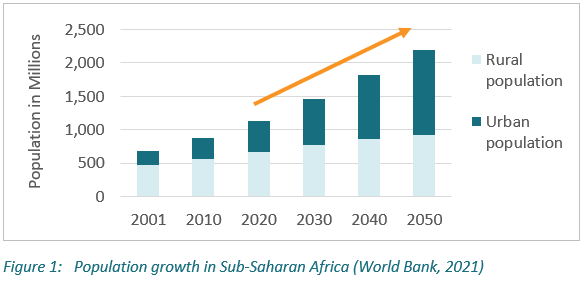
Moreover, urbanization rate is steadily increasing, leading to more and more people living in cities. In the recent past this has led to a spike in municipal solid waste (“household waste”) production. Until mid of the century, the municipal solid waste is expected to nearly triple in SSA (Figure 2).
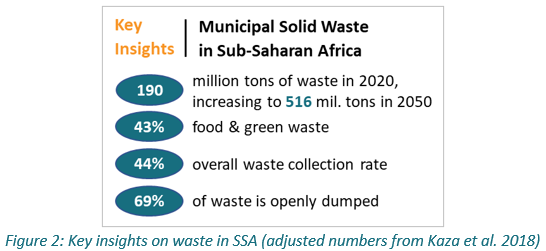
Waste management systems in SSA are still poorly developed and most of the waste is openly dumped. Apart from sanitary challenges this also leads to high greenhouse gas emissions, especially from the uncontrolled decomposition of the large proportion of organic waste (Figure 2).
The Opportunity
What is our solution?
Biowaste treatment with black soldier flies1 (BSF) is a possible solution to tackle the increasing organic waste piles in SSA. Over its life cycle the black soldier fly larvae (BSFL) consumes vast amounts of organic material.
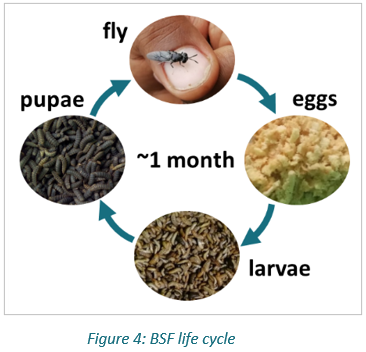
Through an engineered life cycle the BSF can be used to process organic waste into high-valuable fertilizer and protein meal. Dried and processed BSFL are an excellent protein source for various livestock such as chickens, pigs and fish. The insect excretions leftovers from the digested organic waste (“insect frass”) is a highly effective fertilizer to boost crop growth (Figure 3).
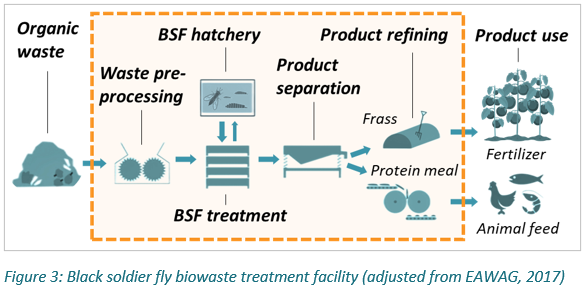
The benefit of biowaste treatment with BSF is not only the upcycling of organic waste, but also the significant reduction of greenhouse gas (GHG) emissions that can be achieved: Compared to open dumping of organic waste the BSF treatment can reduce GHG emissions by 80-90%.
We Aim To Shape The Future We Seek
Potential environmental and socio-economic impact of the BSF industry in Sub Saharan Africa by 2050.
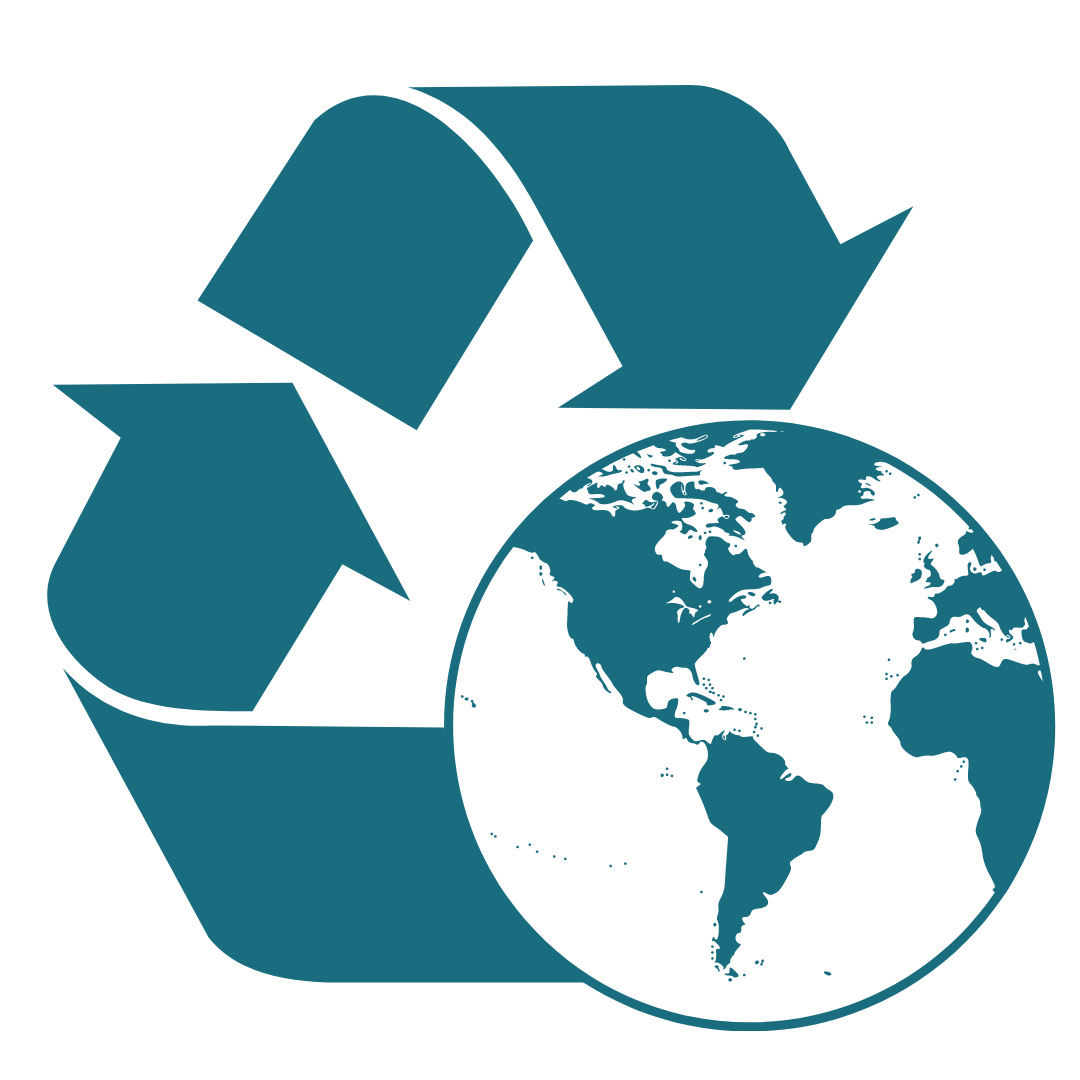
Upcycling Organic Waste
Upcycling 60 to 160 million tons of organic waste in Sub Saharan Africa.
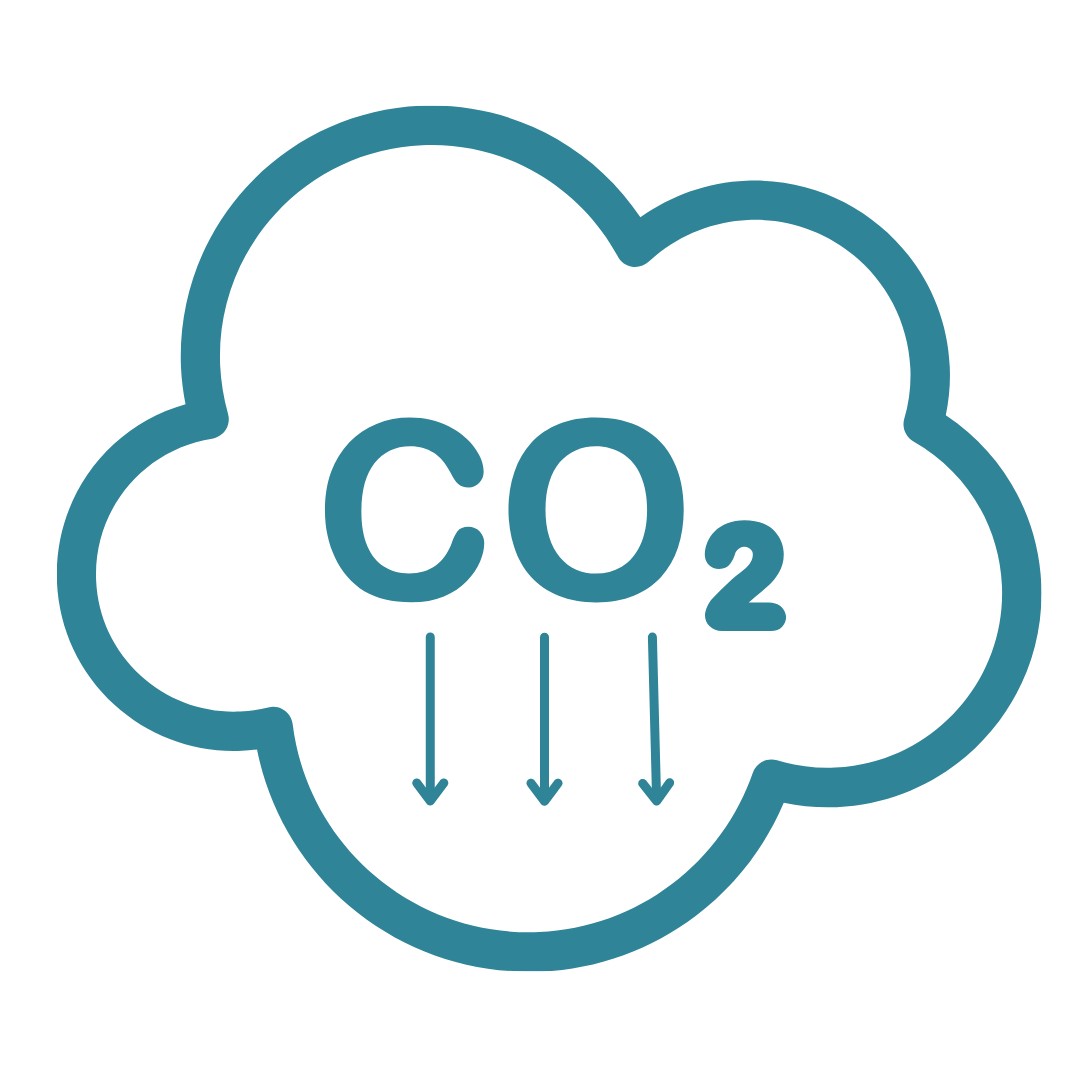
Avoiding GHG Emissions
Avoiding GHG emissions of 20 to 60 million tons of CO2 per year.

Direct Employment
Direct employment of 80’000 to 230’000 people in the BSF waste treatment sector in Sub Saharan Africa.
What Impact Do We Strife For ?
Potential SDG’s For Our Initiative












